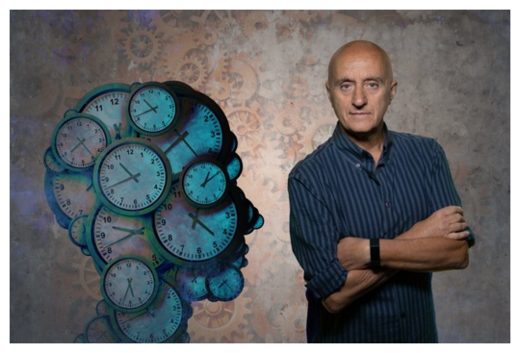Philosopher Christian List argues against reductionism and determinism in accounts of the mind
I can live without God, but I need free will. Without free will life makes no sense, it lacks meaning. So I'm always on the lookout for strong, clear arguments for free will. Christian List, a philosopher at the London School of Economics, provides such arguments in his succinct new book Why Free Will Is Real (Harvard 2019). I met List in 2015 when I decided to attend, after much deliberation, a workshop on consciousness at NYU. I recently freely chose to send him some questions, which he freely chose to answer. -John HorganHorgan: Why philosophy? Was your choice pre-determined?
List: I don't think it was. As a teenager, I wanted to become a computer scientist or mathematician. It was only during my last couple of years at high school that I developed an interest in philosophy, and then I studied mathematics and philosophy as an undergraduate. For my doctorate, I chose political science, because I wanted to do something more applied, but I ended up working on mathematical models of collective decision-making and their implications for philosophical questions about democracy. Can majority voting produce rational collective outcomes? Are there truths to be found in politics? So, I was drawn back into philosophy. But the fact that I now teach philosophy is due to contingent events, especially meeting some philosophers who encouraged me.













Comment: More from Christian List: Free will is real - you make choices, even if your atoms don't